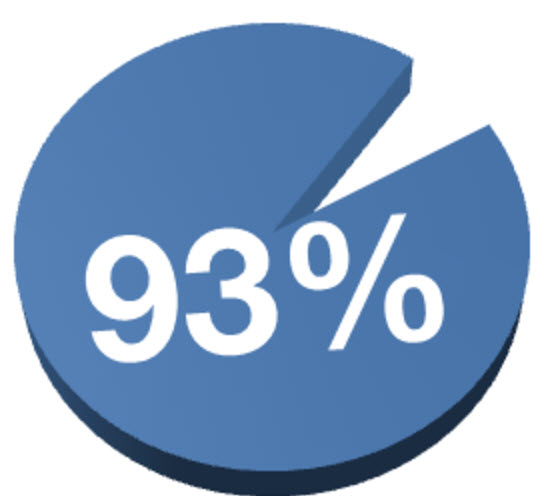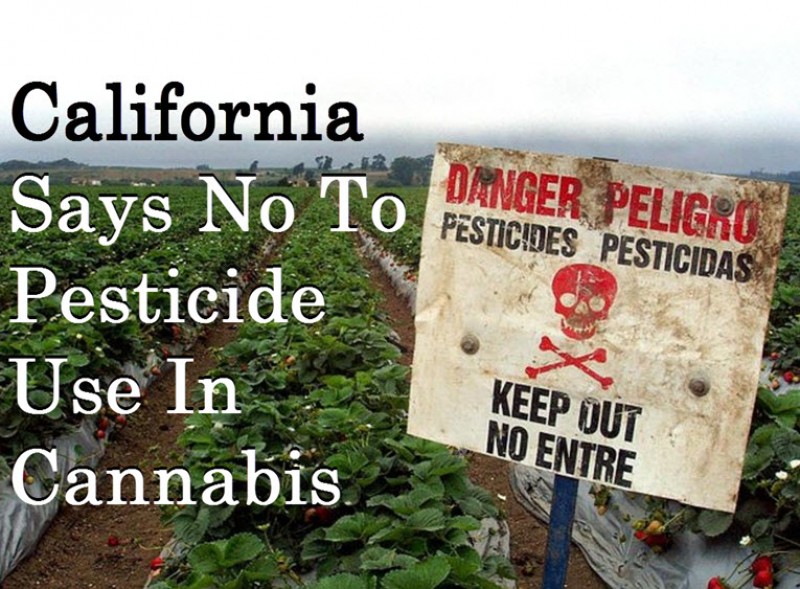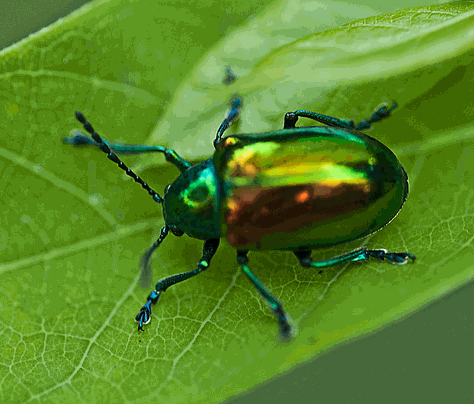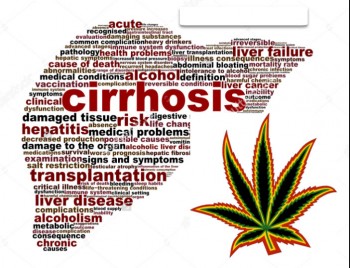California Cultivators Prepare For Chemicals Limits On Crop Sprays
The cannabis available to consumers today has evolved drastically, as more people are demanding top-quality bud – this means as organic as it can get. What’s the point of using it as medicine if you’re inhaling toxins and poisons anyway? Pesticide use in cannabis grows are a hot topic, especially with news of lab testing results showing that many cannabis growers still use chemicals in cultivation.
In the golden state, strict new testing rules will be rolled out soon despite the debate that many cannabis businesses will be put of our business if found that their strains contain pesticides. The California Bureau of Marijuana Control just released a draft plan, setting in place some of the strictest limits when it comes to use of pesticides, solvents, and microbial contaminants that may be found in weed. These rules will also apply to the plant itself as well as edibles and pills available at medical cannabis dispensaries.
These same regulations will also be applied to recreational cannabis as well, when state regulators brace themselves for putting a system in place to for the opening of recreational cannabis shops as early as January 2018. The rule will follow both federal and state laws, which also apply to other crops such as tomatoes. However, this comes at a crucial time when cannabis cultivation was able to thrive for decades without barely any testing and regulations, so this will have a huge impact on cannabis businesses who’ve underestimated what goes into the cannabis that they sell. Even if legalization is overall good news, there will be changes that may send tremors to affected businesses once the government shuts down shops that aren’t paying attention to the quality and safety of the crop.
The proposed regulations in California are technical in nature and will likely change many times before it’s finalized, but many in the industry agree that state authorities will definitely ban pesticide use. According to an SF Chronicle article, Hezekiah Allen, executive director of the California Growers Association, says: “It’s a very high bar and it’s going to send ripples through the industry, and I think that’s a good thing.” The California Growers Association alone advocates for over 600 cannabis farmers and business owners, and based on Allen’s statement it’s safe to say that even cannabis business owners want to be able to participate in a change that will improve the quality of cannabis available for consumers.
“Our members are thrilled to pick winners and losers based on who’s using poison and who’s not,” Allen says. “Pesticides are poison. They kill things, and it’s appalling that they have become so normalized in agriculture.” Based on the draft, the limits are set at parts-per-million for 88 various pesticides, chemicals, and solvents. These include myclobutanil, one of the most popularly used fungicides. According to toxicology experts, these rules are important because studies show that individuals who vape or smoke cannabis absorb an estimated 10 times more of what’s found in the cannabis plant as opposed to those who eat it. A 2013 study showed that individuals who smoked cannabis from a bong also consumed around half of the pesticides found in the plant. The dangers of exposing yourself to chemicals in cannabis is even worse for people who already have compromised immune systems or who already suffer from illness.

In a shocking report conducted by NBC Los Angeles, a recent investigation revealed that 93% of cannabis from local cannabis clinics failed tests for pesticides. NBC Los Angeles’ I-Team got 44 samples of medical cannabis flower or vape cartridges from dispensaries around LA, including San Bernardino, Riverside, and Orange. The samples were sent to Steep Hill Labs, an established California testing and lab facility based in Berkeley. According to Dr. Don Land, a chemistry professor at UC Davis and the chief scientist at Steep Hill, “It appears pesticides are very widely used.” He adds, “It was surprising that so many samples had so much contamination.”
The draft plan, which is 114 pages long, contains all the proposed state targets which will also cover distribution, processing, growing, and the sales of medical cannabis. The regulations were sent by 3 agencies who want to control the industry in California, estimated to be worth around $2 billion annually and includes around 1,000 dispensaries which thousands of growers supply to.
The tremendous prevalence of pesticides used in local dispensaries makes it much worse because we’re not just talking about grocery produce; we’re talking about cannabis used as medicine. People depend on cannabis to treat a range of life-threatening diseases, and if your local clinic can’t provide you with safe and organic cannabis then what’s the difference from consuming the same chemicals that big pharma has been shoving down your throat? It’s high time that we care about organically grown cannabis, in the same way that we care about what goes into our bodies when we choose healthy food.
OTHER STORIES YOU MAY ENJOY...
BAN ALL PESTICIDES IN CANNABIS, HERE IS WHY, READ THIS..








